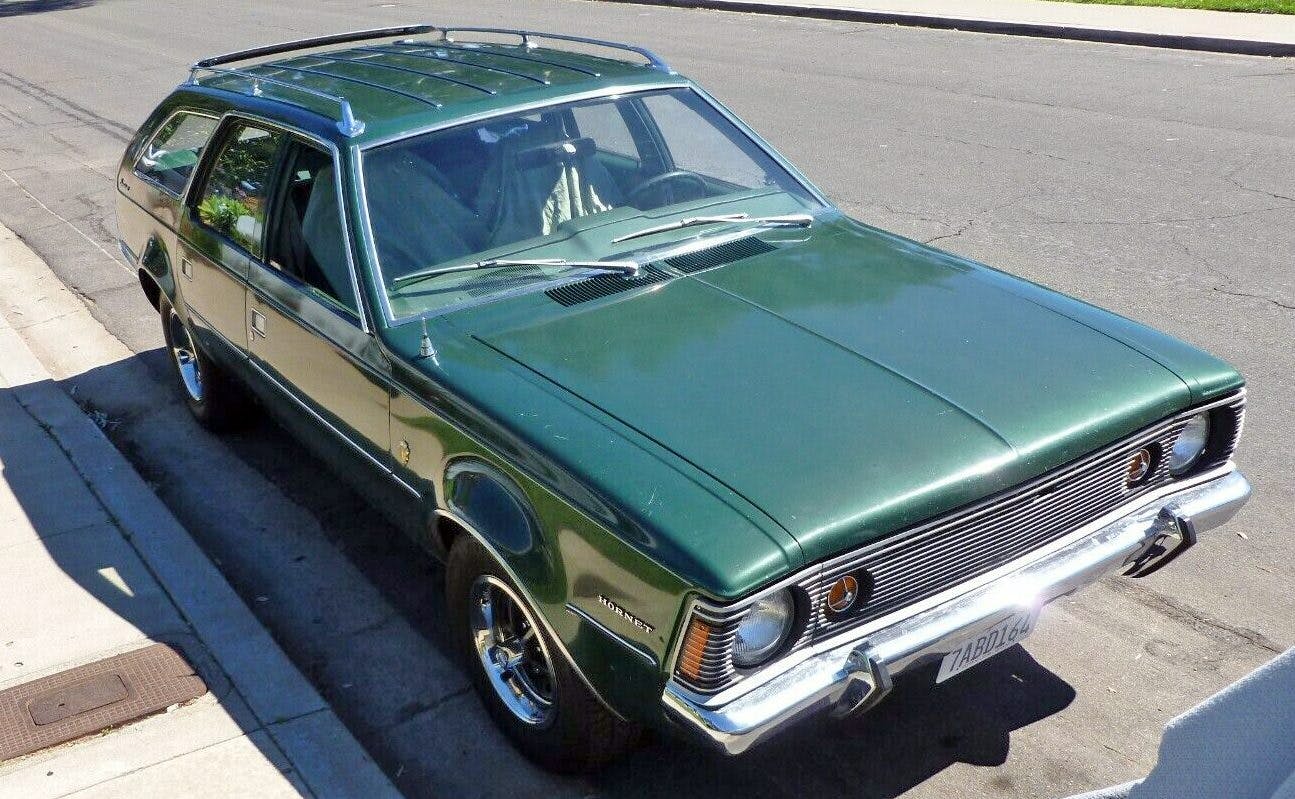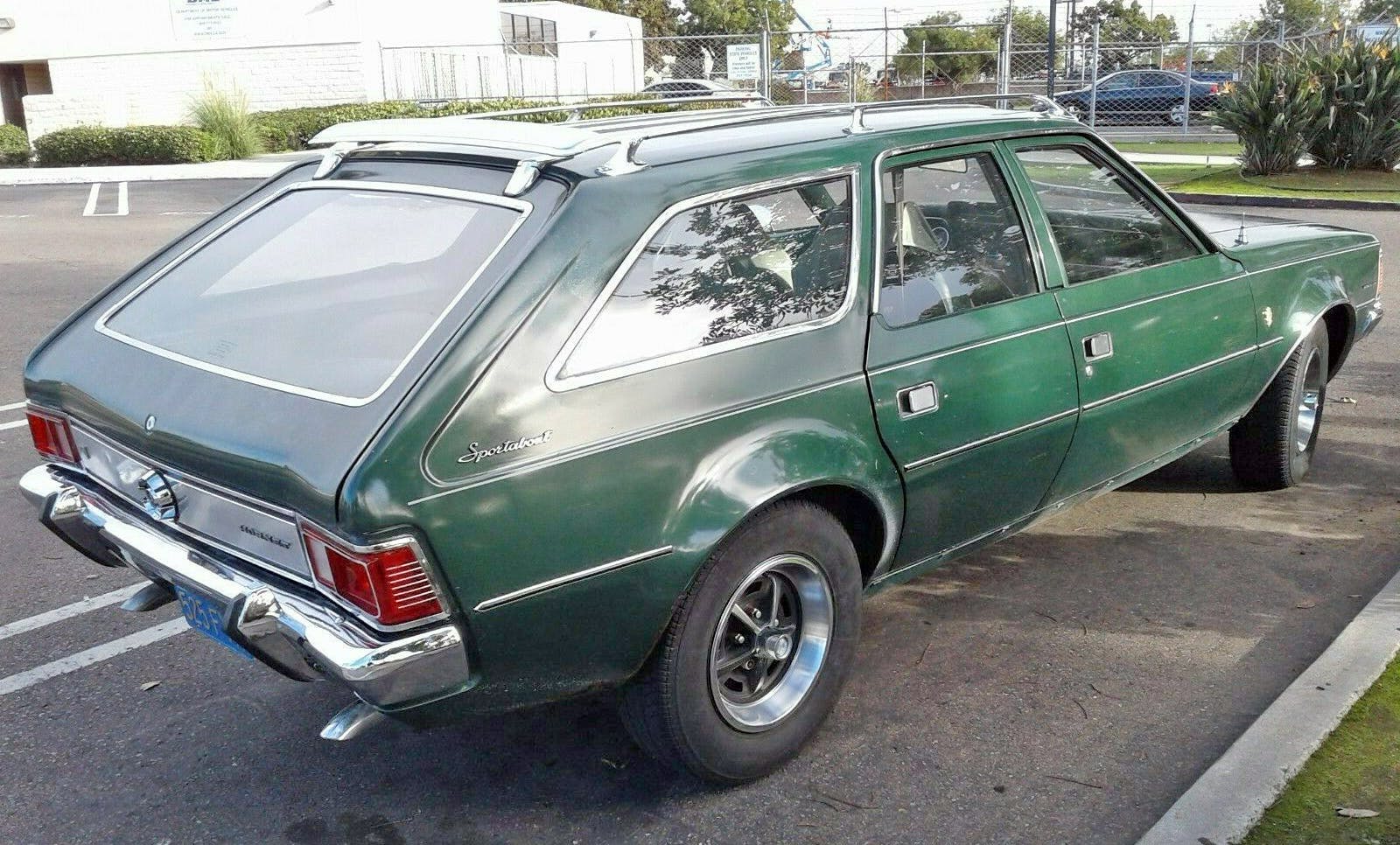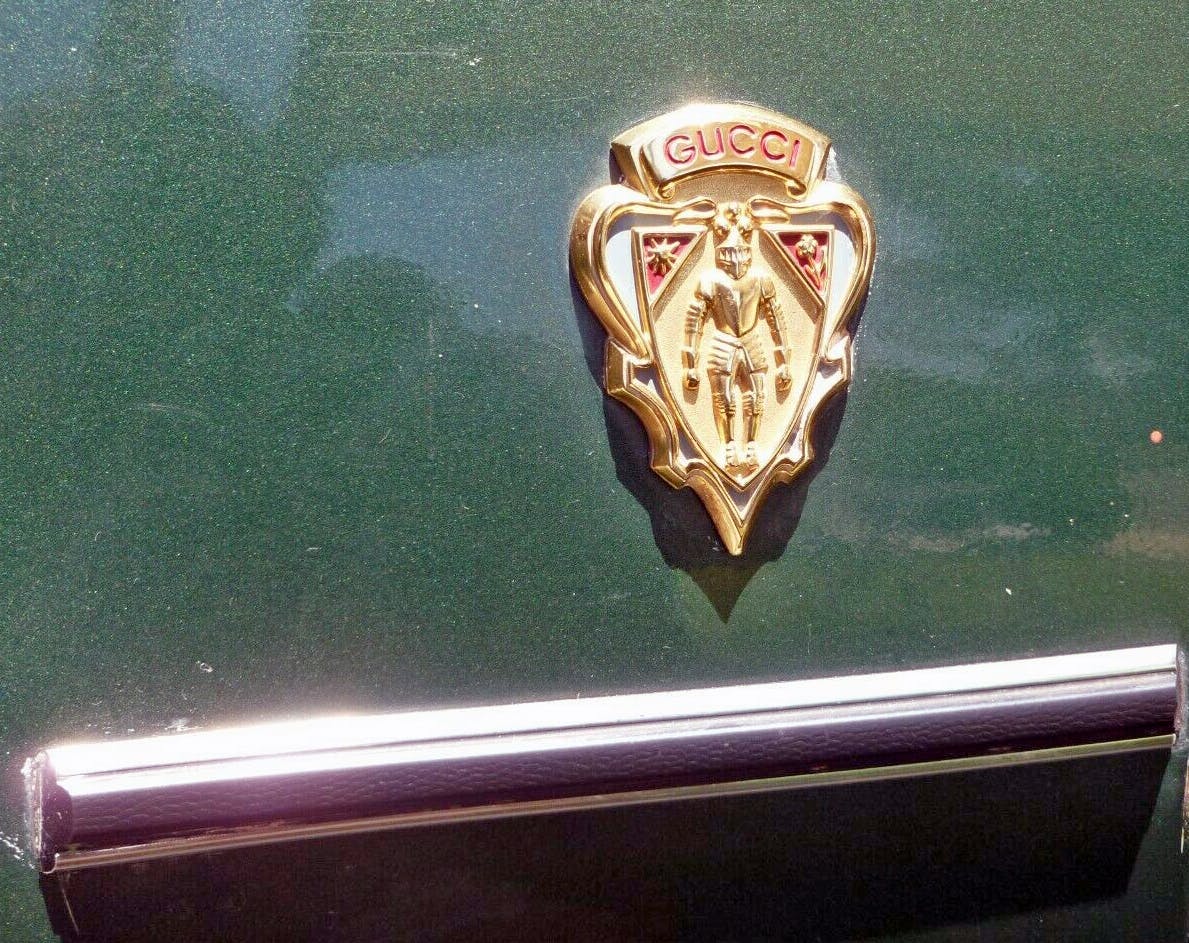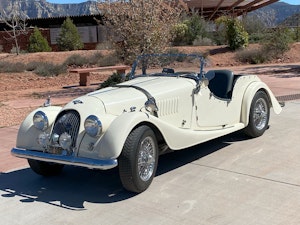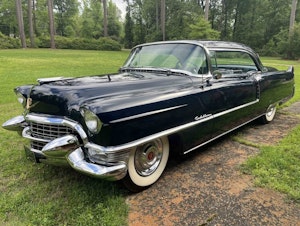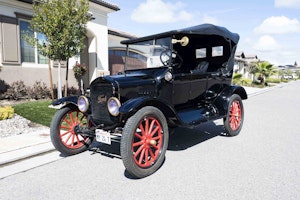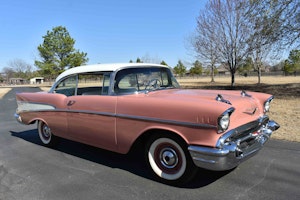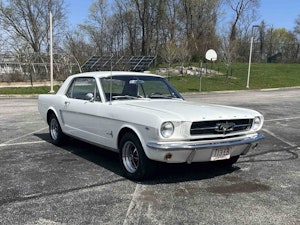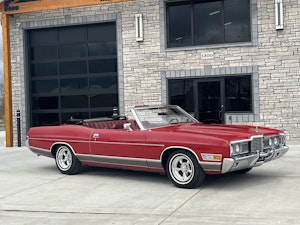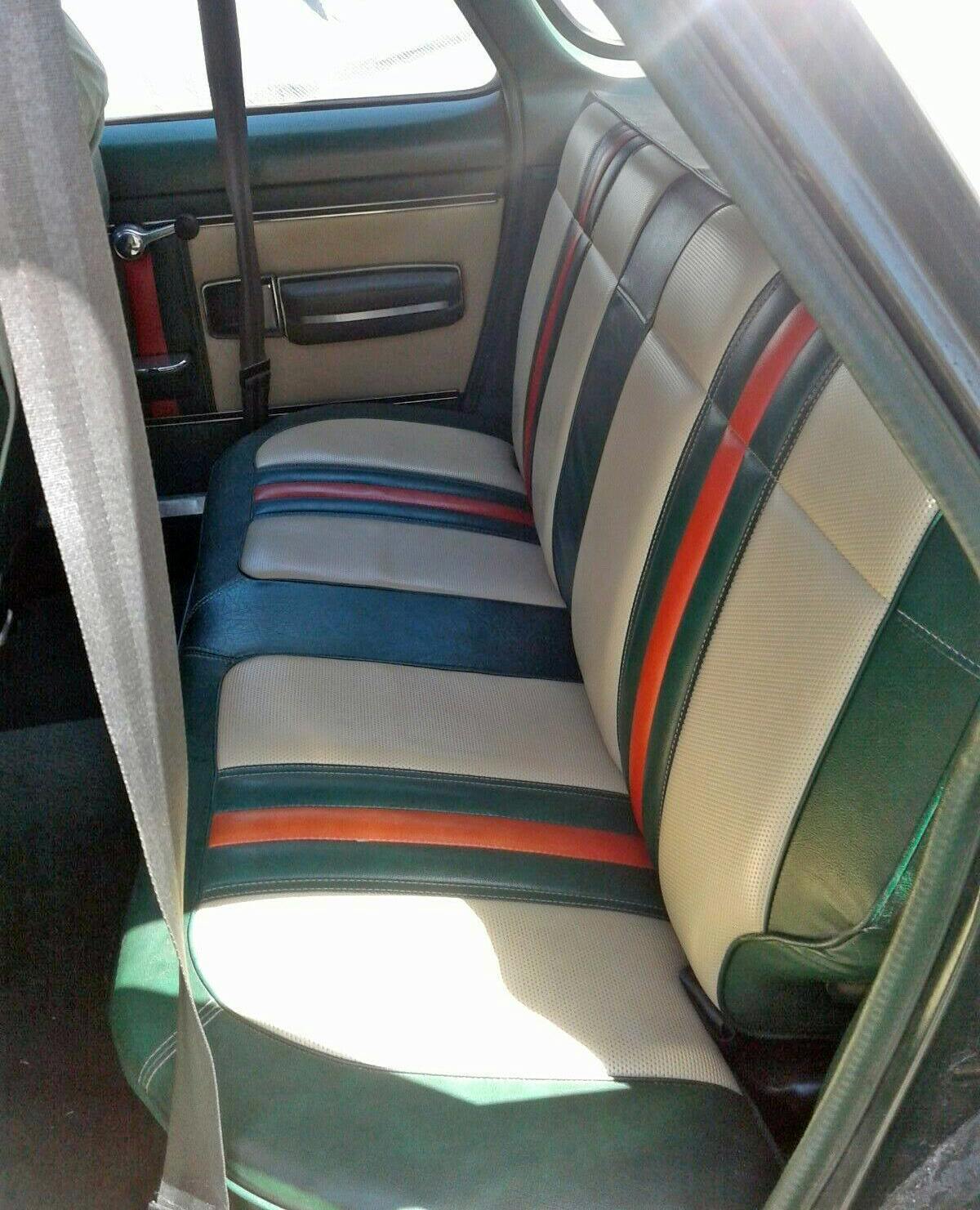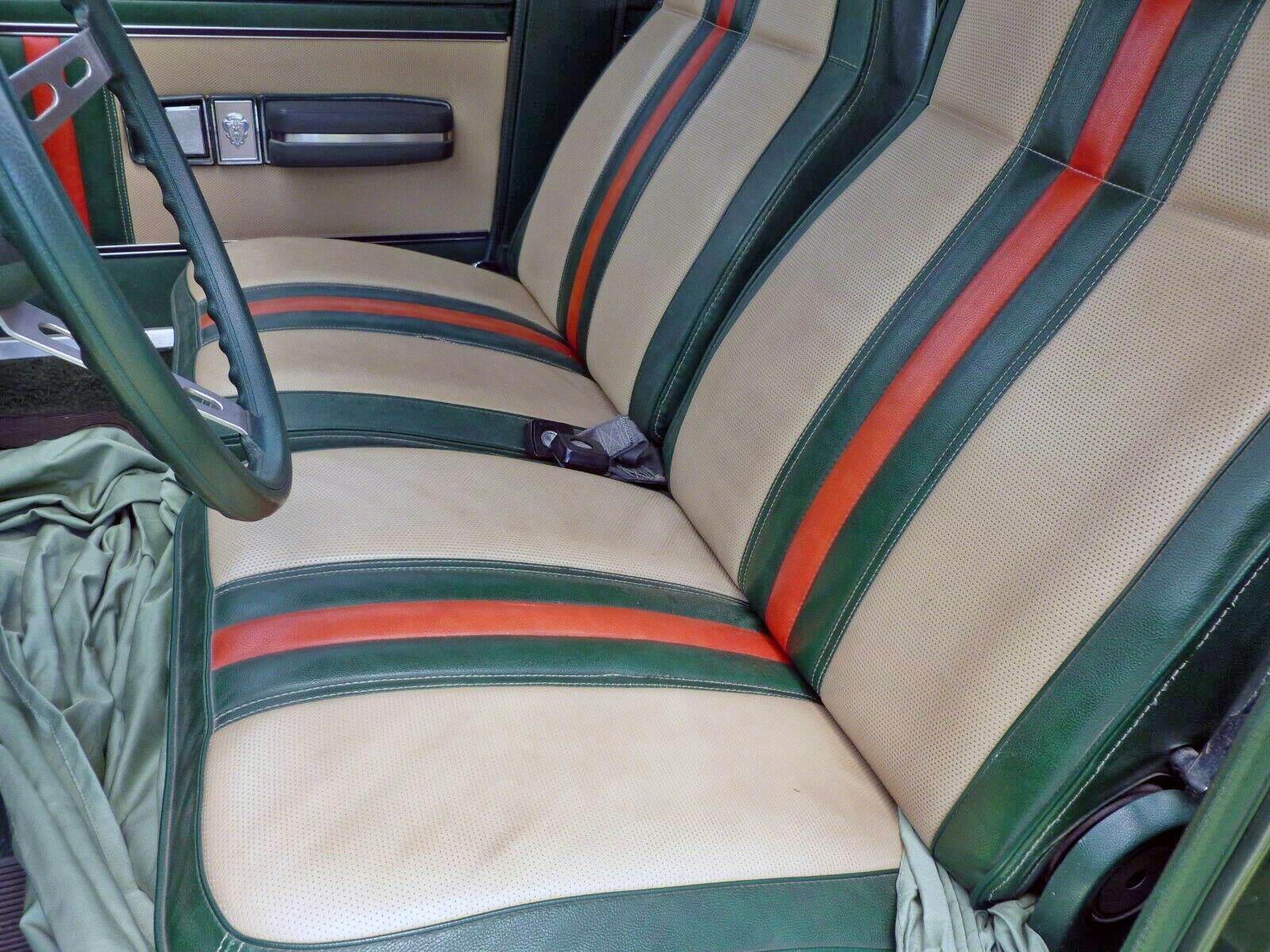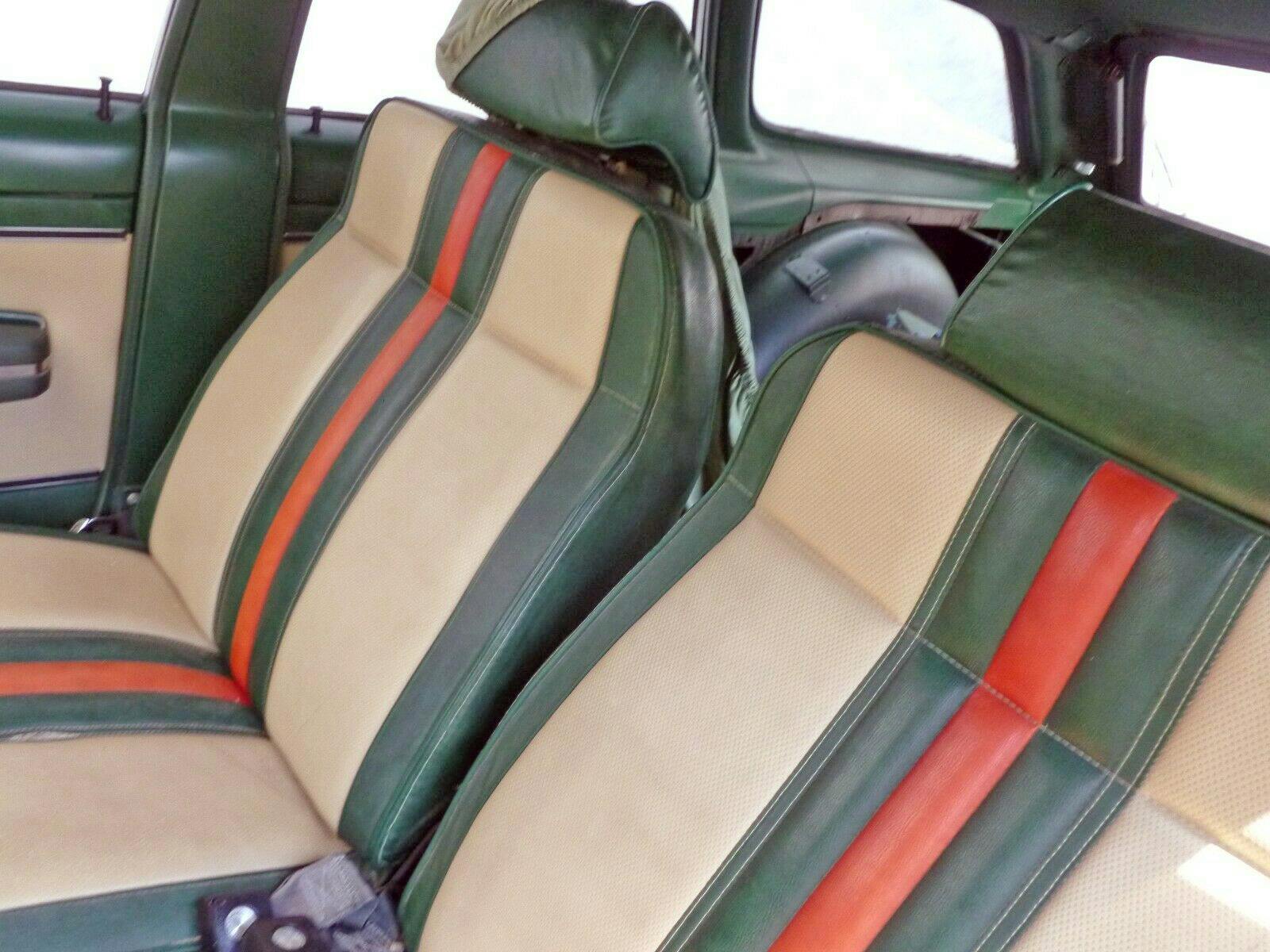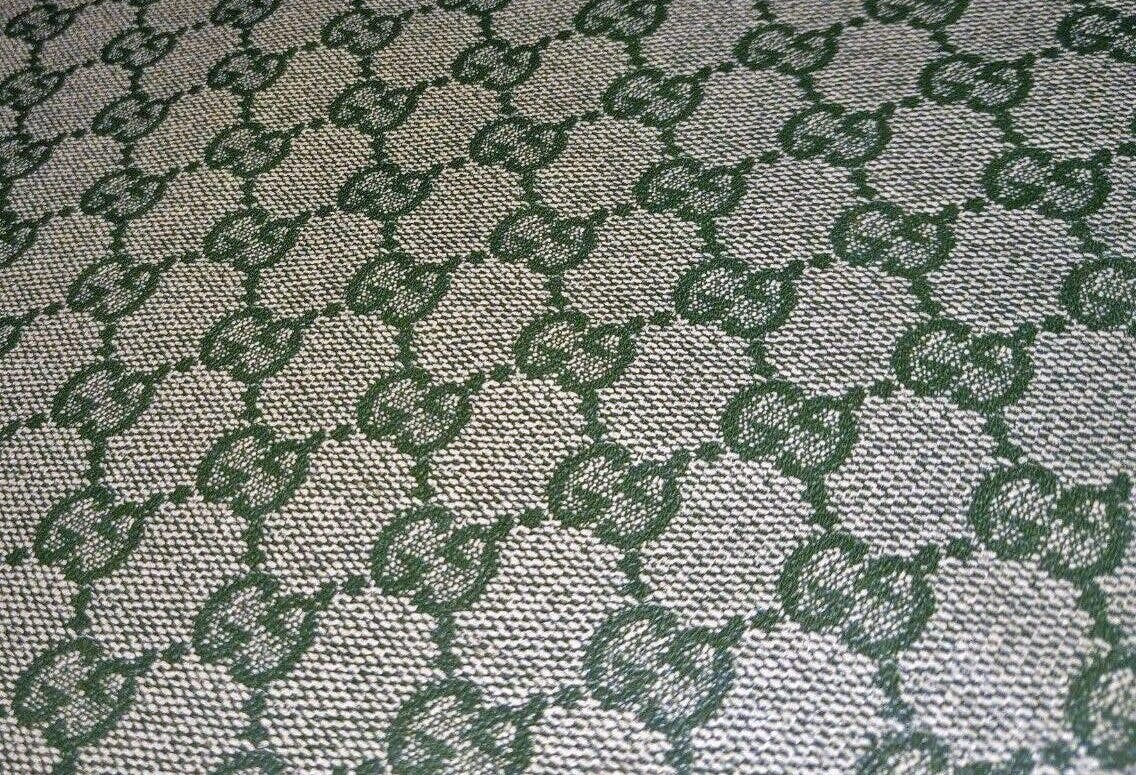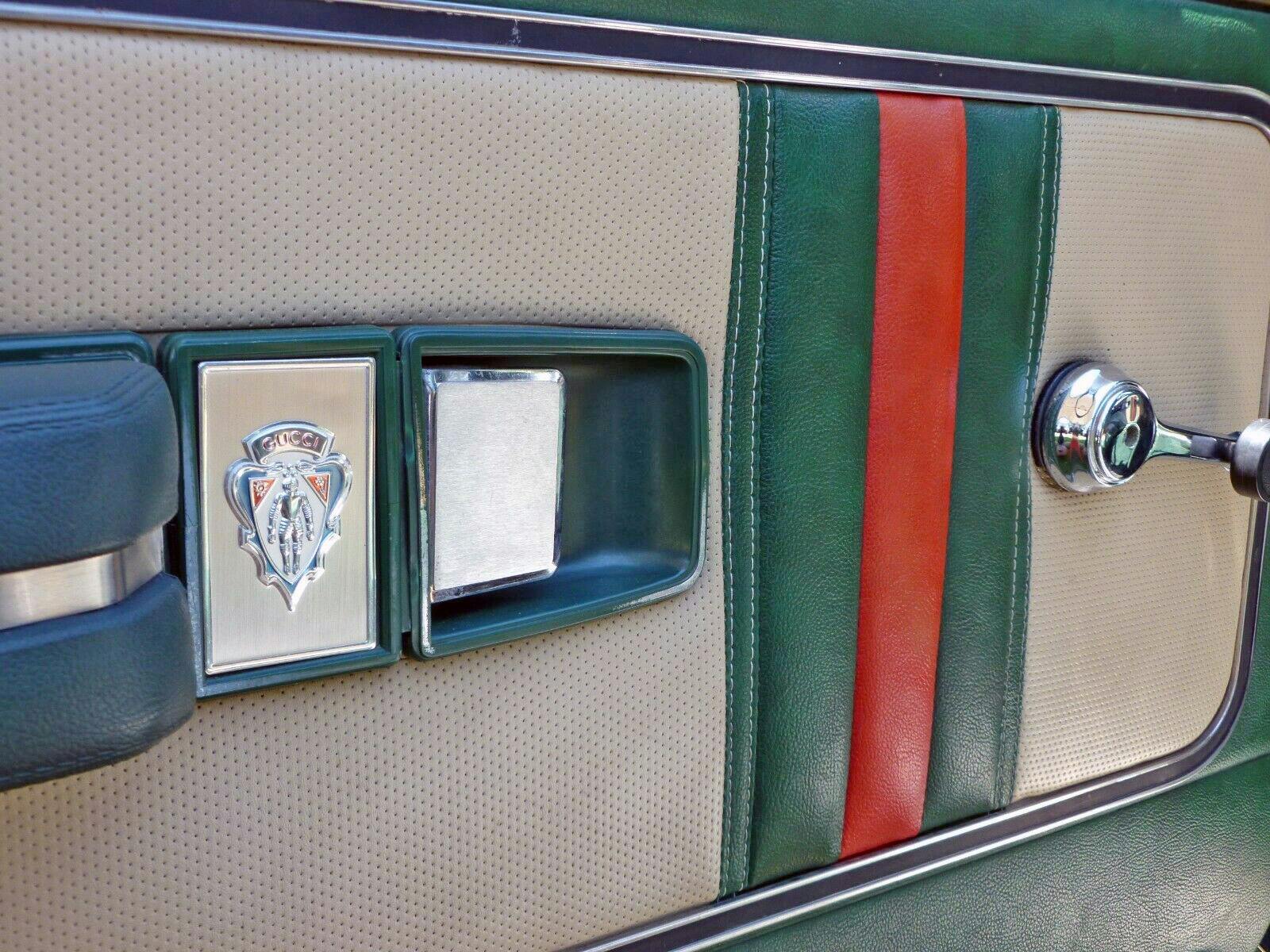Media | Articles
Why fancy-pants Gucci reimagined AMC’s normcore Hornet
Gucci’s founder was a man named Guccio, and he apparently insisted on keeping his fashion house a family-operated business operating exclusively in Italy during his tenure, which ended with his death in 1953. Amid the buzz of post-war globalization turning small businesses into household names, the company bearing his surname clung to that original vision—until the allure of additional profit proved too tempting. Two weeks before Guccio’s death, his children opened a boutique in New York City.
Did Guccio recant his Italian-centric philosophy on his deathbed? See the writing on the wall, and embrace an international presence? Perhaps, but it’s more likely that his sons Aldo, Vasco, and Rodolfo simply couldn’t wait to seize the reins out of their father’s hands. Either way, odds are that Guccio would never fathom his company turning the AMC Hornet Sportabout into haute couture for motorists seeking an upscale spin on what was normally utilitarian transport.
But that’s precisely what happened, and it made a boatload of financial sense. Not a decade after the store opened in New York City, Gucci was blossoming as a global brand, with 10 stores in the U.S. by the late 1960s. Odds are there wasn’t a retail outlet near Kenosha, Wisconsin, so why not work with American Motors to build a rolling billboard for the Gucci brand in America’s heartland?
Viral marketing was a good 40 years away, so if nothing else the possible revenue from licensing fees would make this endeavor worth the effort for the Italian firm. And Gucci was not the only fashion house with an interest in AMC’s notion of high-end motoring, either.
The partnership wasn’t equally appealing to a budget-minded customer, however, as Gucci’s trim package cost an extra $141.75 on a Hornet station wagon sportabout that started at roughly $2500. That’s not chump change, but even the Gucci-fettled Hornet cost a third as much as a 1972 Continental Mark IV. In contrast to the humble Hornet, the Mark Series was a suitably premium vehicle with an owner base that’s far, far more likely to purchase items from the famous fashion brand with the double G logo. Lincoln saw AMC’s writing on the wall, smelled what the Hornet was cooking, and decided to take the recipe to the next level.
Marketplace
Buy and sell classics with confidence
While AMC wasn’t a luxury brand, the Gucci interior was both aesthetically radical and radically upscale for any vehicle of the early 1970s. The perforated vinyl seats look worthy of an expensive handbag, with a design worthy of contemporary fashion and women’s accessories. Gold and chrome emblems may not be expensive to produce, but adding them to door panels with tri-color vinyl in a world-famous design is something even Cadillac couldn’t touch. (Well, until it did.)
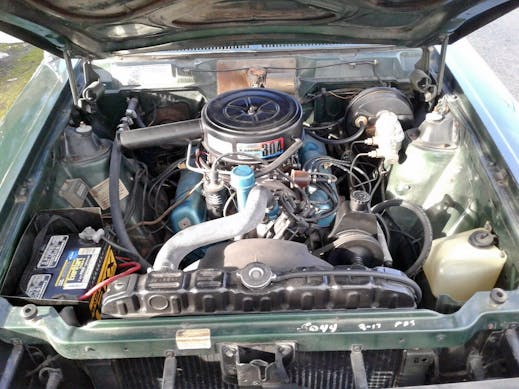
This particular Gucci Hornet was listed on eBay, and sports the optional (H-Code) 304 V-8. Owners of designer-series vehicles with rarely add performance upgrades (except when they do), and this example sports a spicier camshaft, four-barrel Edelbrock carb, and a dual exhaust with chrome tips. The three-speed “Torque-Command” automatic transmission received an aftermarket shift kit, too. The seller insists this Gucci Hornet has the numerous small imperfections indicative of a driver-quality classic, but the replacement headlining on its roof tells a compelling story.
What you see above is the original headlining material, complete with Gucci’s double G embroidery. The fabric separated from the headliner’s foam, but the previous owner had the foresight to save the material. While there might be a roll of this stuff tucked away at a certain automotive fabric shop in Oregon, the next owner is likely to have more success with this original material applied to a new roll of foam via fusible interfacing fabric. And when that’s done, this Gucci Hornet will be worthy of a full-body respray to address dings, dents and scratches.
Which is something this Hornet Sportabout truly deserves, even if there may be rust lurking behind those gold Gucci emblems. Hopefully the next owner (who shelled out $19,820) has extra savings to make it look perfect in the future. Because if they do, Aldo Gucci will likely smile down upon them in admiration for extending his family’s legacy to more people than ever knew the name during his—or his father’s—lifetime.

